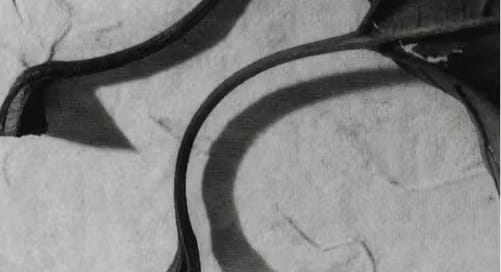A coda to my post about Christian Wiman on despair: his book led me to the poetry of William Bronk, a metaphysician whose claim to fame is that he is not as famous as he ought to be. Henry Weinfield’s preface to Bronk’s selected poems is typical in its combination of disappointment and wishful thinking:
This edition of the selected poetry of William Bronk spans the more than fifty-year career of a writer who, though still too little known, is destined to be regarded as one of the great American poets of our century.
Who knows what fate will bring? But I wouldn’t bet on it in this life, sadly.
If I had to describe Bronk’s poetry, I would compare him to Wallace Stevens—submitting to a reader’s plea to “just say what you mean.” Bronk’s mode is an austere, abstract literalism in which bursts of imagery carry an improbable force. His sensibility can feel religious, though according to Wiman he was not a religious person.
The poem that caught my attention in Zero at the Bone was “Midsummer,” b…
Keep reading with a 7-day free trial
Subscribe to Under the Net to keep reading this post and get 7 days of free access to the full post archives.



